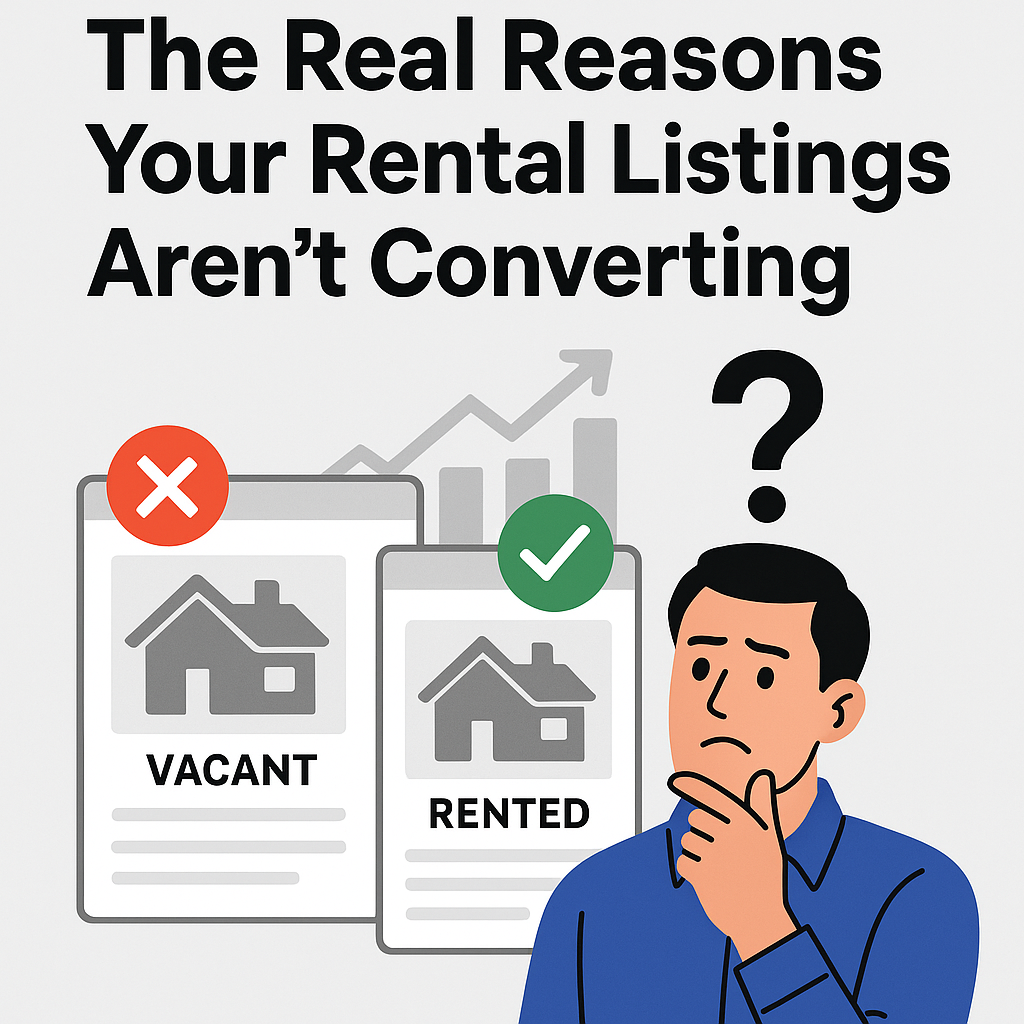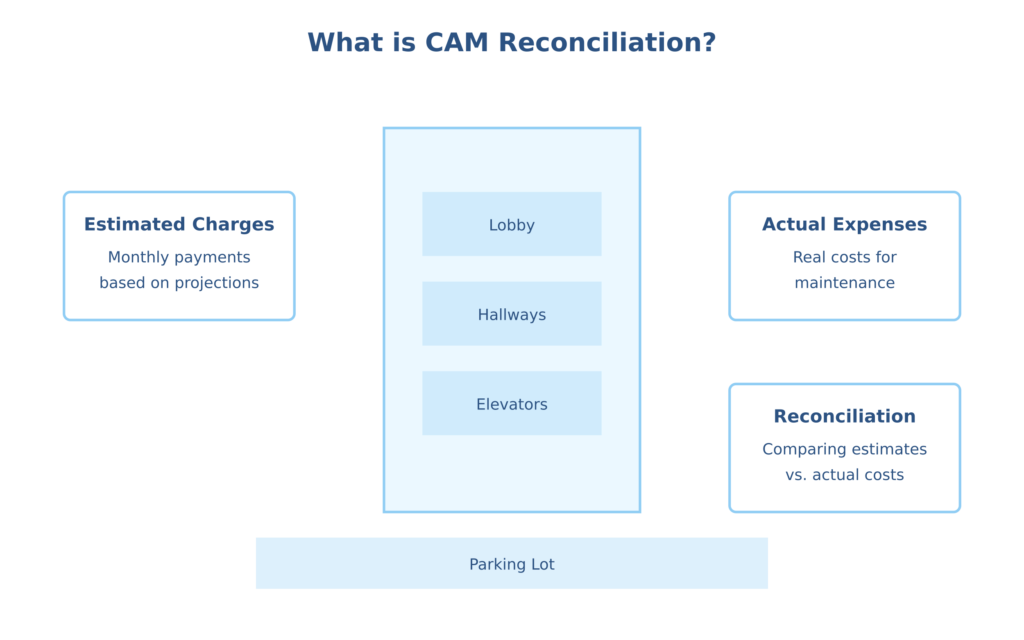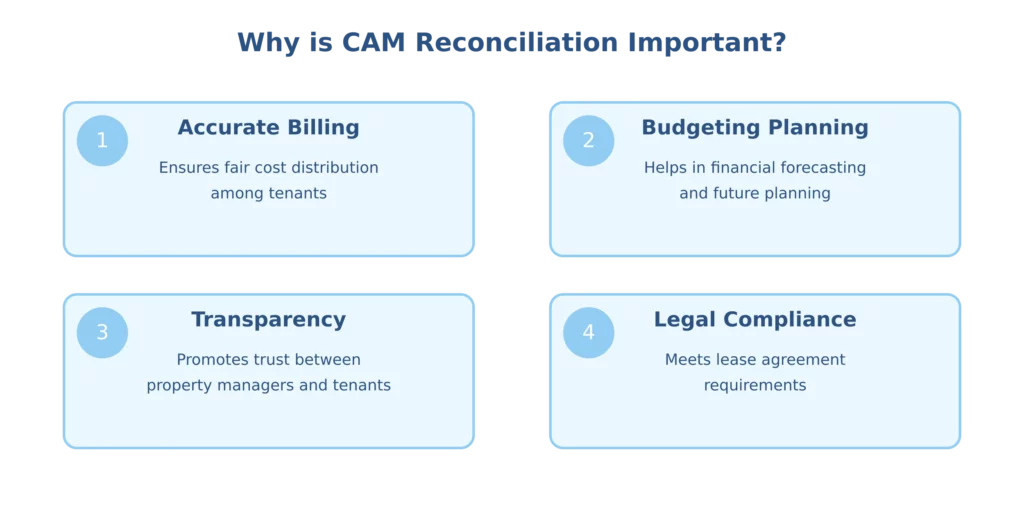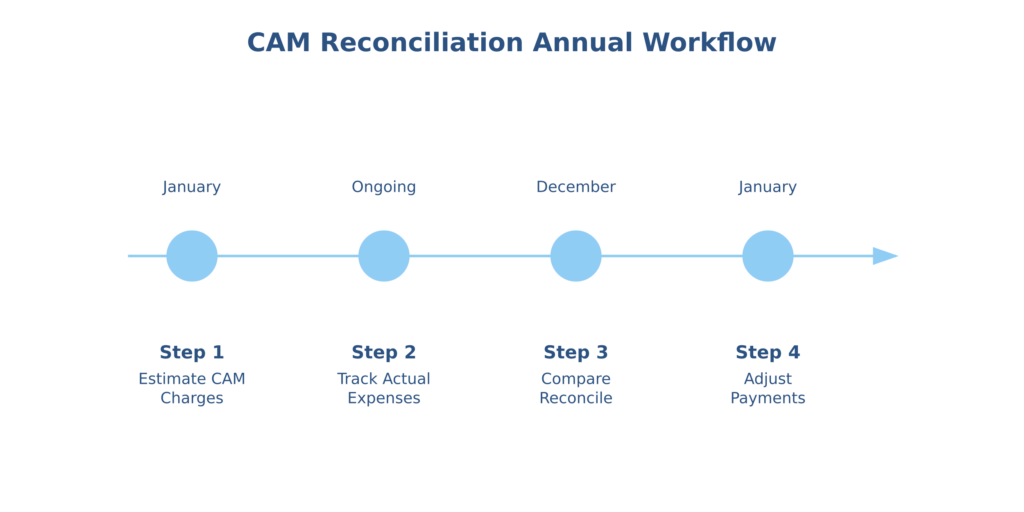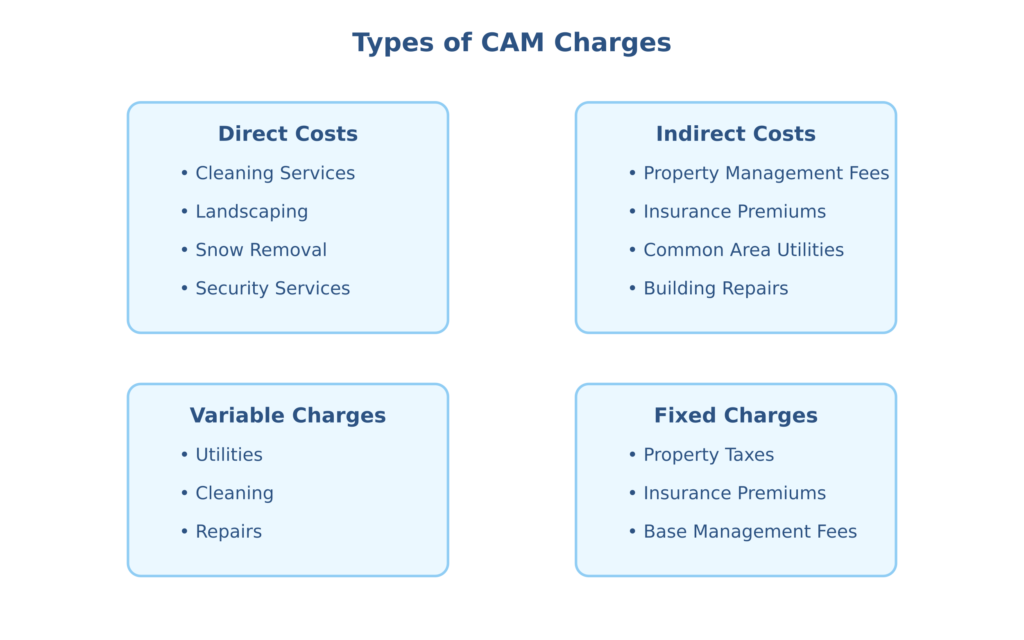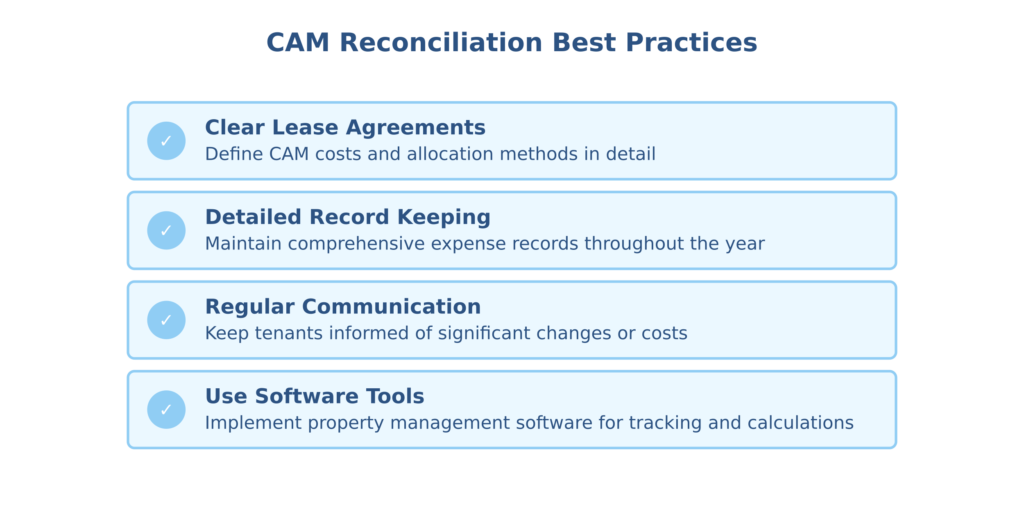How to Automate Rent Collection and Eliminate 95% of Late Payments
Ever find yourself chasing down rent payments every month? You’re not alone.
For many property managers and landlords, the monthly rent collection cycle feels like Groundhog Day. You send reminders, wait for checks to arrive, deposit them at the bank, manually record payments, and then chase down the inevitable late payers.
It’s exhausting, time-consuming, and completely unnecessary in today’s digital world.
The truth is, most late rent payments aren’t because tenants can’t pay – they’re because your collection process makes it too difficult to pay on time. With the right automation tools, you can eliminate up to 95% of late payments while freeing yourself from hours of administrative work each month.
Let’s dive into how you can transform rent collection from your biggest headache into a seamless background process.
Why Traditional Rent Collection Methods Fail
Before we get to the solutions, let’s understand why traditional rent collection approaches cause so many problems:
Paper Checks: The Receipt Nightmare
If you’re still collecting paper checks, you’re creating extra work for everyone involved:
- Your tenants have to remember to write checks, find stamps, and mail them early enough to arrive on time
- You have to collect mail, record payments, make bank trips, and manually update your records
- Both of you waste time with unnecessary follow-ups and payment confirmations
And that’s assuming everything goes right. What about lost checks, bank holidays, or postal delays?
Cash Payments: High Risk, Low Reward
Cash might seem simple, but it creates serious problems:
- Security risks from handling and storing large amounts of cash
- No paper trail for dispute resolution
- In-person collection requirements that waste everyone’s time
- Manual record-keeping that’s prone to errors
Inconsistent Processes: The Recipe for Late Payments
Many property managers have different payment rules for different properties or tenants. This inconsistency leads to confusion, excuses, and ultimately, late payments.
The Real Cost of Late Rent Payments
Late rent payments hurt your business in ways that go far beyond the obvious cash flow issues:
- Administrative time wasted chasing payments (average: 5+ hours per month)
- Delayed maintenance projects due to unpredictable cash flow
- Strained tenant relationships from awkward payment conversations
- Legal costs when late payments escalate to eviction proceedings
- Stress and frustration from the constant uncertainty
Studies show that for a typical 10-unit property, late payments can cost owners over $5,000 annually in direct costs and administrative time. For larger portfolios, these numbers become staggering.
The Rent Collection Automation Game Plan
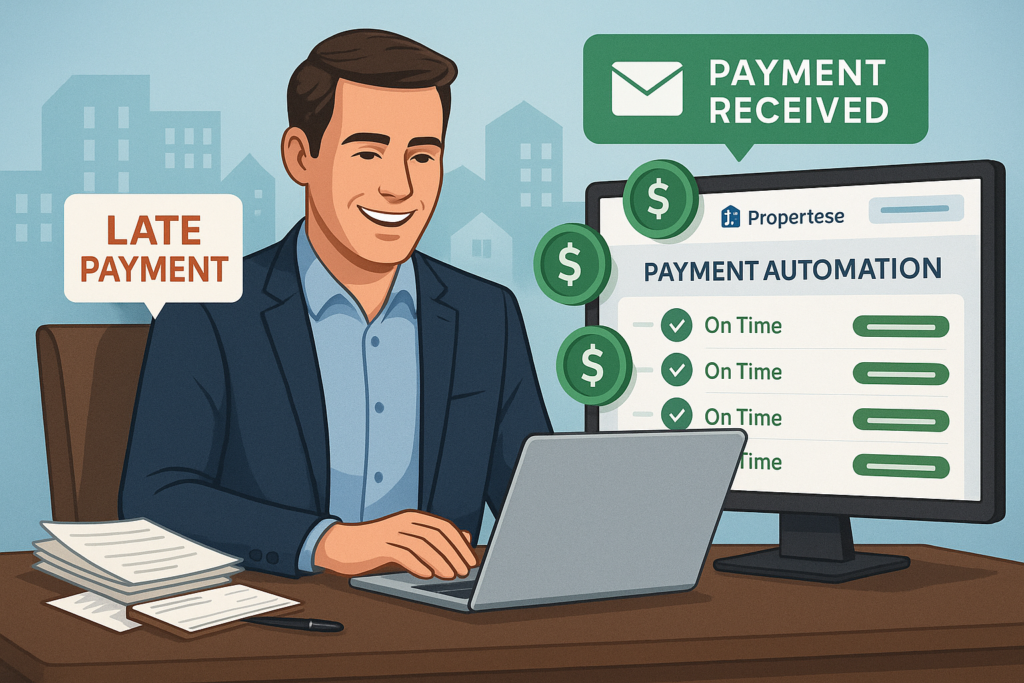
Now for the good news: with the right approach, you can transform rent collection into a seamless, automated process that virtually eliminates late payments. Here’s your step-by-step game plan:
Step 1: Choose the Right Online Payment System
The foundation of automated rent collection is a reliable online payment platform. But not all solutions are created equal. Look for these essential features:
- Multiple payment options (ACH bank transfers, credit/debit cards)
- Automatic payment scheduling for tenants
- Automated reminders before due dates
- Late fee automation
- Payment confirmation for both parties
- Integration with your accounting system
Propertese’s rent collection system includes all these features and seamlessly integrates with its property management platform. This means your rent payments automatically sync with your accounting, maintenance, and tenant communication portal – no duplicate data entry required.
Step 2: Make Digital Payments Your Standard (Not an Option)
Many property managers make a critical mistake: they offer online payments as just one option among many. This half-measure approach undermines your automation efforts.
Instead, make digital payments your standard method, with rare exceptions only when absolutely necessary. Here’s how to implement this effectively:
- Update your lease agreements to specify digital payment as the required method
- Explain the benefits to tenants (convenience, payment confirmation, no late fees)
- Provide clear setup instructions with screenshots or video tutorials
- Offer assistance for tenants who need help getting started
With Propertese’s tenant portal, your residents can easily set up their payment preferences and view their payment history in one user-friendly dashboard. The intuitive interface means even less tech-savvy tenants can navigate the system without difficulty.
Step 3: Implement Automatic Payment Scheduling
The single most powerful feature for eliminating late payments is automatic payment scheduling. This allows tenants to set up recurring payments that process automatically on a specific date each month.
To maximize adoption:
- Clearly explain the benefits (no late fees, no need to remember dates)
- Make setup easy with step-by-step guides
- Consider incentives for tenants who enroll (small rent discount, waived fees)
- Set it as the default option during lease signing
Propertese’s automatic payment system lets tenants choose their preferred payment date and method. Once set up, the system handles everything – from processing the payment to updating your financial records and confirming receipt to the tenant.
Step 4: Create a Strategic Reminder System
Even with automatic payments, a smart reminder system serves as an effective safety net. Strategic reminders should be:
- Timely: Sent 5 days before rent is due, the day before, and on the due date
- Multi-channel: Email, SMS, and in-app notifications
- Clear and actionable: Include payment amounts, due dates, and direct links to pay
- Personalized: Address tenants by name and reference their specific unit
Propertese’s automated communication system handles these reminders without requiring any manual effort from your team. The system also tracks which reminders have been viewed, giving you insight into which tenants might need additional follow-up.
Step 5: Implement Clear Late Fee Policies (But Make Them Hard to Trigger)
Late fees provide important motivation for on-time payments, but your goal should be for tenants to rarely encounter them. Set up a system where:
- Late fee policies are clearly documented in the lease and payment portal
- Automated warnings are sent before late fees are applied
- Late fees are applied automatically for consistency
- First-time forgiveness is available for otherwise reliable tenants
With Propertese’s late fee automation, these policies are applied consistently across all properties without requiring manual tracking or intervention. This eliminates any perception of favoritism while maintaining strong incentives for on-time payment.
Step 6: Provide Multiple Backup Payment Methods
While automatic payments should be your primary method, offering multiple backup options ensures tenants can pay on time even when unexpected circumstances arise:
- One-time ACH transfers for tenants who prefer to initiate each payment
- Credit/debit card payments for emergencies (with a convenience fee)
- Mobile payment options for on-the-go accessibility
Propertese supports all these payment methods through a unified system, so all transactions are tracked consistently regardless of how the tenant chooses to pay.
Step 7: Integrate Payment Data with Your Financial Systems
The final piece of the automation puzzle is integration. Your rent collection system should feed directly into your:
- Accounting software for financial record-keeping
- Owner reporting systems for properties you manage
- Tax preparation documents and processes
Propertese’s integrated platform ensures that payment data flows automatically into your financial reporting system, eliminating double-entry and providing real-time visibility into your cash flow and financial position.
Real Results: The Impact of Automated Rent Collection
Property managers who implement a comprehensive automation strategy consistently report dramatic improvements:
- 95% reduction in late payments within the first three months
- 15+ hours saved per month on administrative tasks
- Improved tenant satisfaction due to convenient payment options
- Better financial visibility with real-time payment tracking
- Reduced turnover from improved tenant relationships
One property manager with 35 units reported that automating rent collection saved them nearly 20 hours each month – that’s more than two full workdays they could redirect to more valuable activities.
Common Obstacles (And How to Overcome Them)
Despite the clear benefits, some property managers encounter resistance when implementing automated rent collection. Here’s how to address the most common challenges:
“My tenants won’t adapt to online payments”
This concern is usually overblown. Studies show that over 93% of Americans have used digital payments, and the percentage is even higher among renters. For the few truly technology-averse tenants:
- Offer in-person training during lease signing
- Provide detailed written instructions with screenshots
- Set up their first payment together to build confidence
Propertese’s user-friendly interface makes this transition particularly smooth, with intuitive navigation and clear payment confirmations that help build tenant trust in the system.
“What about tenants without bank accounts?”
While uncommon, some tenants may not have traditional banking relationships. For these cases:
- Partner with local stores that offer payment services
- Allow prepaid debit card options
- Consider money order options as a last resort
Remember, the goal is to automate for the majority while providing reasonable accommodations for exceptions.
“I’m worried about transaction fees eating into profits”
While some payment methods do carry fees, the math overwhelmingly favors automation:
- ACH transfer fees ($0.50-1.00) are far less than the cost of processing paper checks
- The time saved through automation typically represents 10-20x the cost of fees
- Late payment reductions alone usually offset all transaction costs
Propertese offers some of the industry’s most competitive transaction rates, with options to either absorb these fees or pass them on to tenants as convenience fees.
Getting Started: Your 30-Day Implementation Plan
Ready to transform your rent collection process? Here’s a practical 30-day plan to implement these strategies:
Days 1-7: Setup and Planning
- Select your automated payment platform (Propertese offers a complete solution)
- Update your lease templates to specify digital payment requirements
- Prepare educational materials for tenants
Days 8-14: Tenant Communication
- Announce the new payment system to all tenants
- Distribute setup instructions and benefits information
- Schedule training sessions for tenants who need assistance
Days 15-22: System Implementation
- Help tenants set up their payment accounts
- Configure automatic payment options
- Test the system with sample transactions
Days 23-30: Fine-Tuning and Follow-Up
- Monitor early payments to ensure everything works properly
- Follow up with tenants who haven’t yet enrolled
- Collect feedback and address any concerns
With Propertese’s implementation support, this timeline can often be accelerated, allowing you to start enjoying the benefits of automated rent collection even sooner.
The Bottom Line: Automation is No Longer Optional
In today’s digital world, manual rent collection isn’t just inefficient—it’s a competitive disadvantage. Properties that offer streamlined, automated payment experiences attract better tenants, experience fewer payment issues, and operate more profitably.
The data is clear: property managers who automate rent collection:
- Collect more rent on time
- Spend less time on administrative tasks
- Build better relationships with tenants
- Create more scalable businesses
Propertese’s comprehensive rent collection automation transforms this critical business function from a monthly headache into a seamless background process. With features specifically designed for property managers, the platform eliminates the common pain points of rent collection while providing the visibility and control you need to manage your business effectively.
Ready to eliminate late payments and reclaim hours of your time each month?
Book a demo of Propertese’s automated rent collection system today and see firsthand how it can transform your property management operations.

